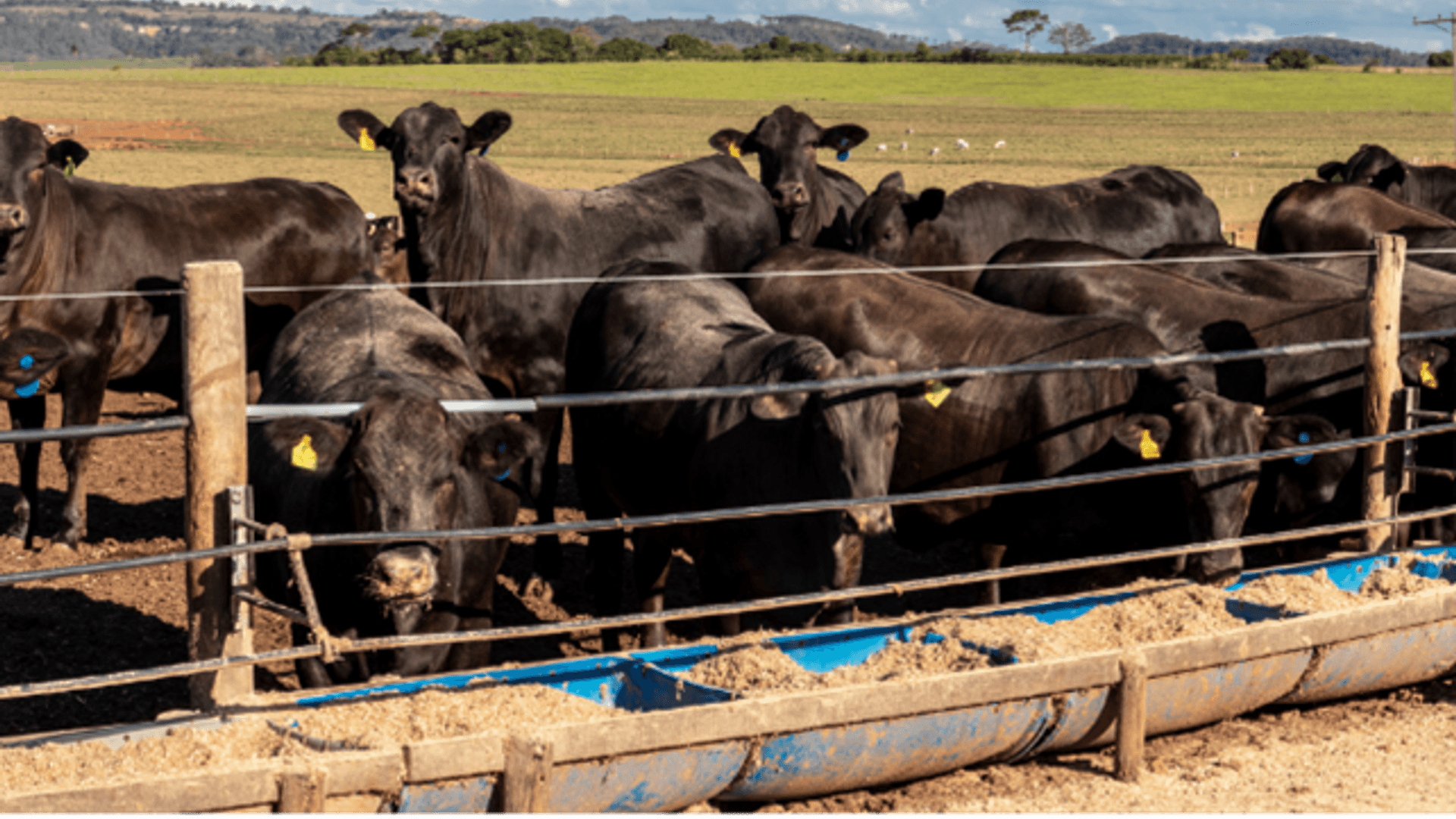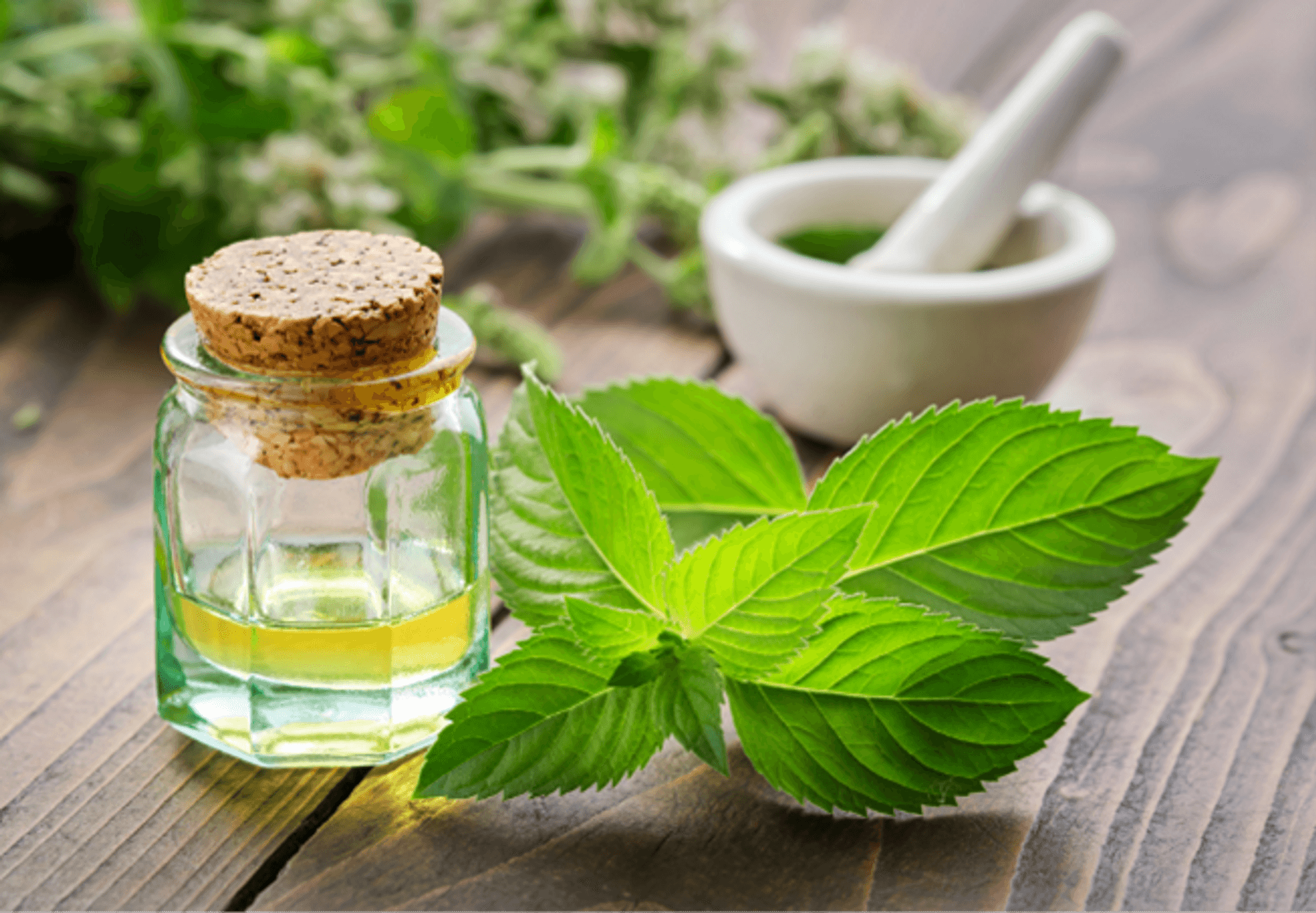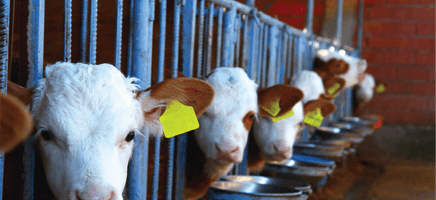Navigating Low Appetite in Cattle
Low appetite in cattle can be a significant challenge for farmers, impacting both animal health and overall farm productivity. Appetite is a critical indicator of cattle well-being, as it directly affects nutrient intake and overall growth. Several factors can contribute to decreased appetite in cattle, including disease, environmental stress and changes in diet. When cattle exhibit reduced appetite, farmers may face consequences such as reduced weight gain, reduced milk production in dairy cattle and impaired immune function. In addition, low appetite can lead to nutritional deficiencies that hinder the animals’ ability to meet their nutritional requirements for optimal health and performance.
Naturally Addressing Appetite-Related Challenges in Cattle
Essential oils have gained recognition for their many applications, and their potential to stimulate the appetite of ruminants is an area of growing interest among livestock producers. Several essential oils, such as peppermint and thyme, have been studied for their ability to improve feed intake and digestion in these animals.
The aromatic compounds in these oils are said to have a stimulating effect on the release of digestive enzymes and improve the palatability of feed, thereby promoting a healthier appetite. A notable benefit of using essential oils to stimulate appetite in cattle is to ensure that the animals receive essential nutrients from their diet. This helps to contribute to improved growth rates and weight gain. In addition, essential oils may have antimicrobial properties that can have a positive impact on gut health by reducing the risk of digestive disorders and promoting a balanced microbial environment in the rumen.
In addition, the potential link through the gut-lung axis provides an opportunity to integrate feed intake with beneficial effects on the respiratory system. This approach may be particularly beneficial in scenarios that stress the immune system, such as the mixing of different groups of animals, to support their well-being. In addition, the use of essential oils is in line with the growing trend towards natural and sustainable animal husbandry. As an alternative to synthetic additives, essential oils offer a natural way to support animal health and well-being. By incorporating these oils into livestock diets, farmers can reduce their reliance on chemical-based appetite stimulants and antibiotics, contributing to a more environmentally and socially responsible approach to livestock production.
In conclusion, the use of essential oils to stimulate appetite in ruminants, especially cattle, is a promising way to improve overall animal health, feed efficiency and sustainable farming practices. The use of feed additives is an innovative way for farmers to harness the benefits of essential oils to optimize the nutritional intake and well-being of their livestock.
Aromax Dry – the power of essential oils to support the growth and respiration of your livestock.
Our Solution
- Aromax® DryBoost the appetite


